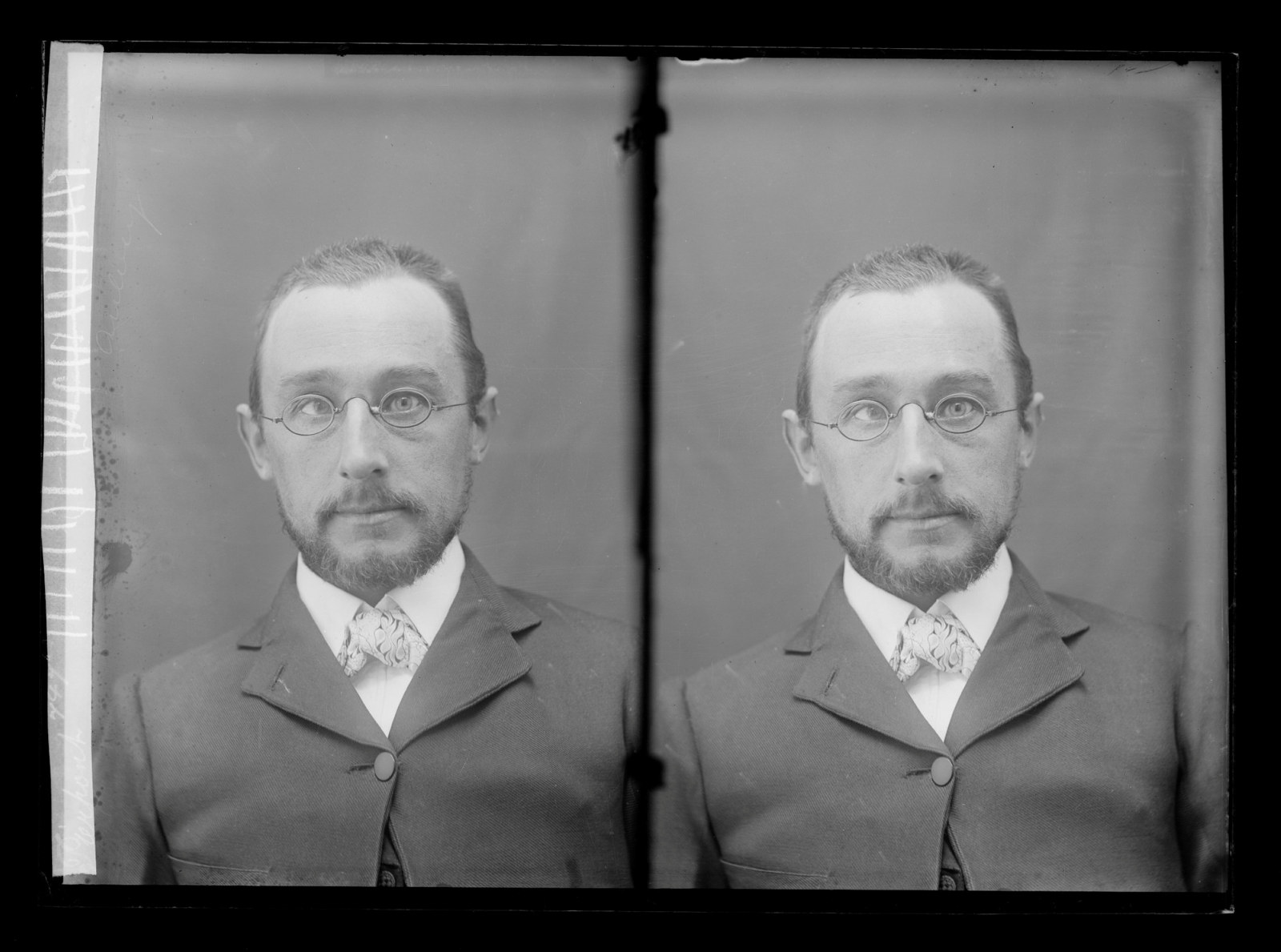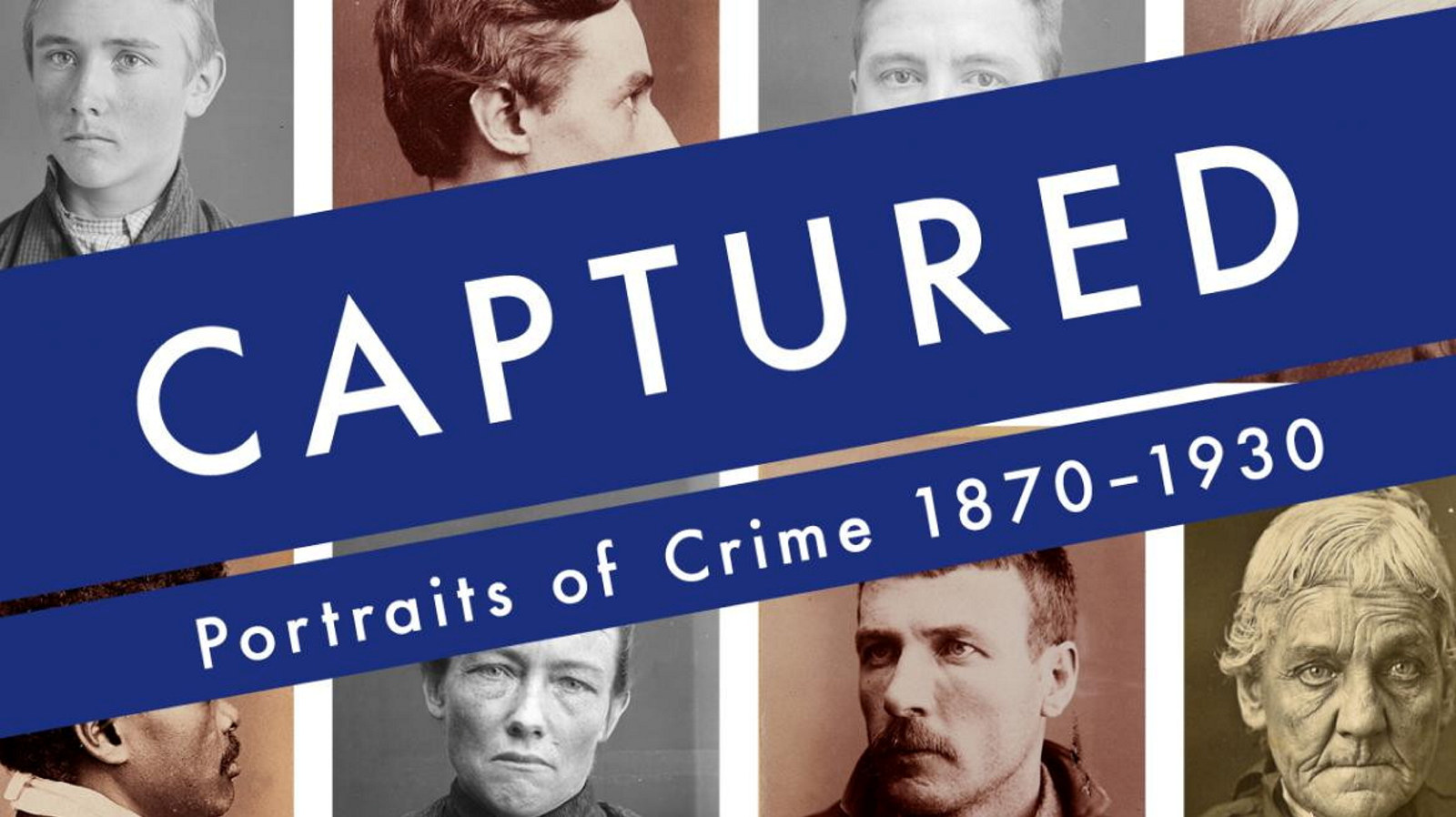Captured: Portraits of Crime 1870-1930, Cecil Pierpont
Cecil Pierpont, a 37 year old musician from England, was photographed at Parramatta Gaol on 20 October 1903 while serving a twelve month sentence for false pretences.
Under the pseudonym Cecil R. Aubrey, Pierpont arrived at Blackheath in or about June 1903 and took up residence in a boarding house. He appeared as a well-dressed man with education, eloquence and manners and advertised his services as a piano and organ tuner. After a period of about six weeks, Pierpont announced to the Blue Mountains community that he had come into a baronetcy and was now Sir Cecil Aubrey Pierpont. He claimed his title carried an income of £3000 but would need some local assistance to tide himself over until the arrival of the first instalment of his fortune.
Read more
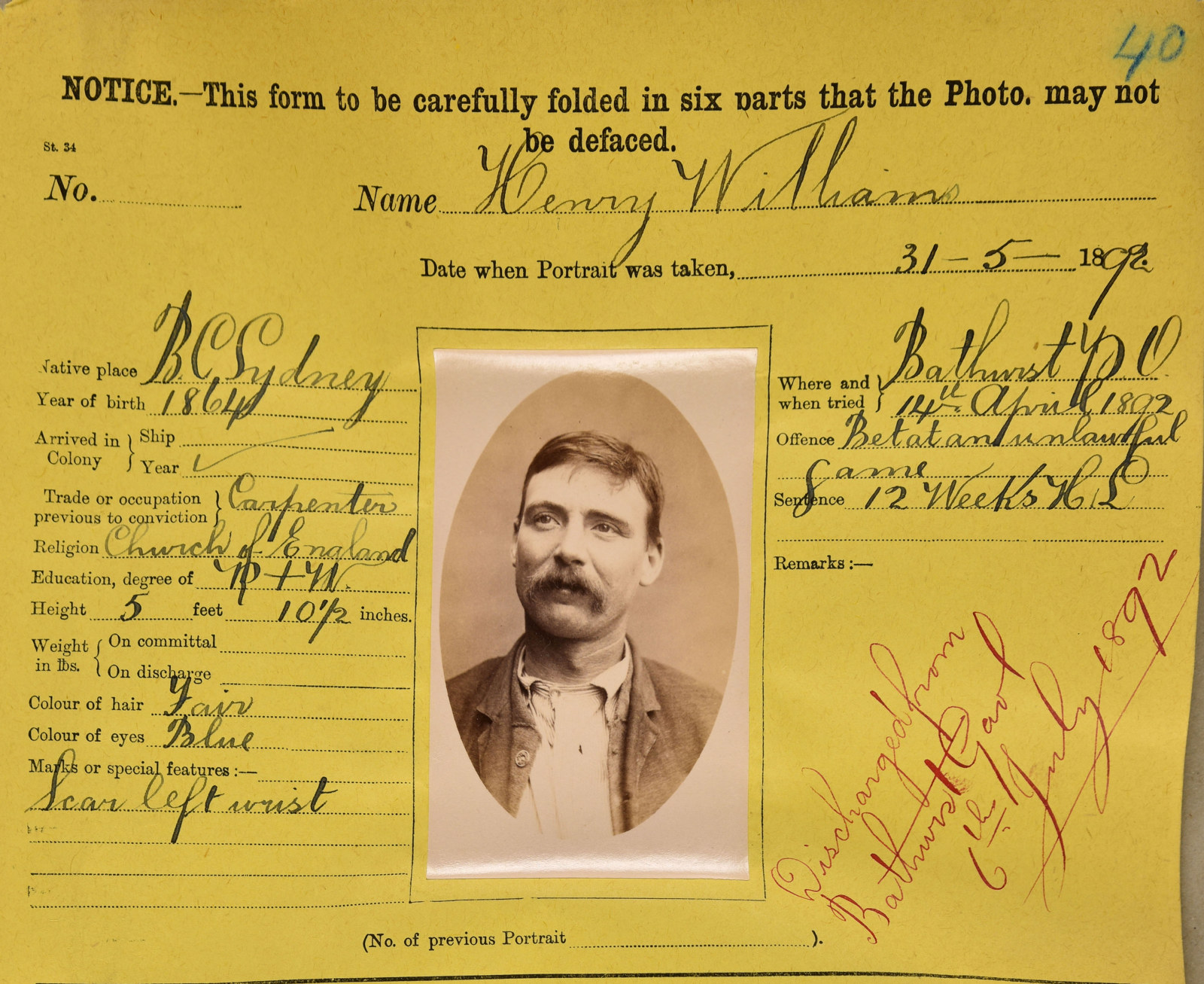
Archives behind the scenes - gaol photos
In this episode we show you the very popular Gaol Photo Description Books. The photos (or mugshots) of prisoners are from gaols right across NSW and date from 1870-1930
Published on
Related
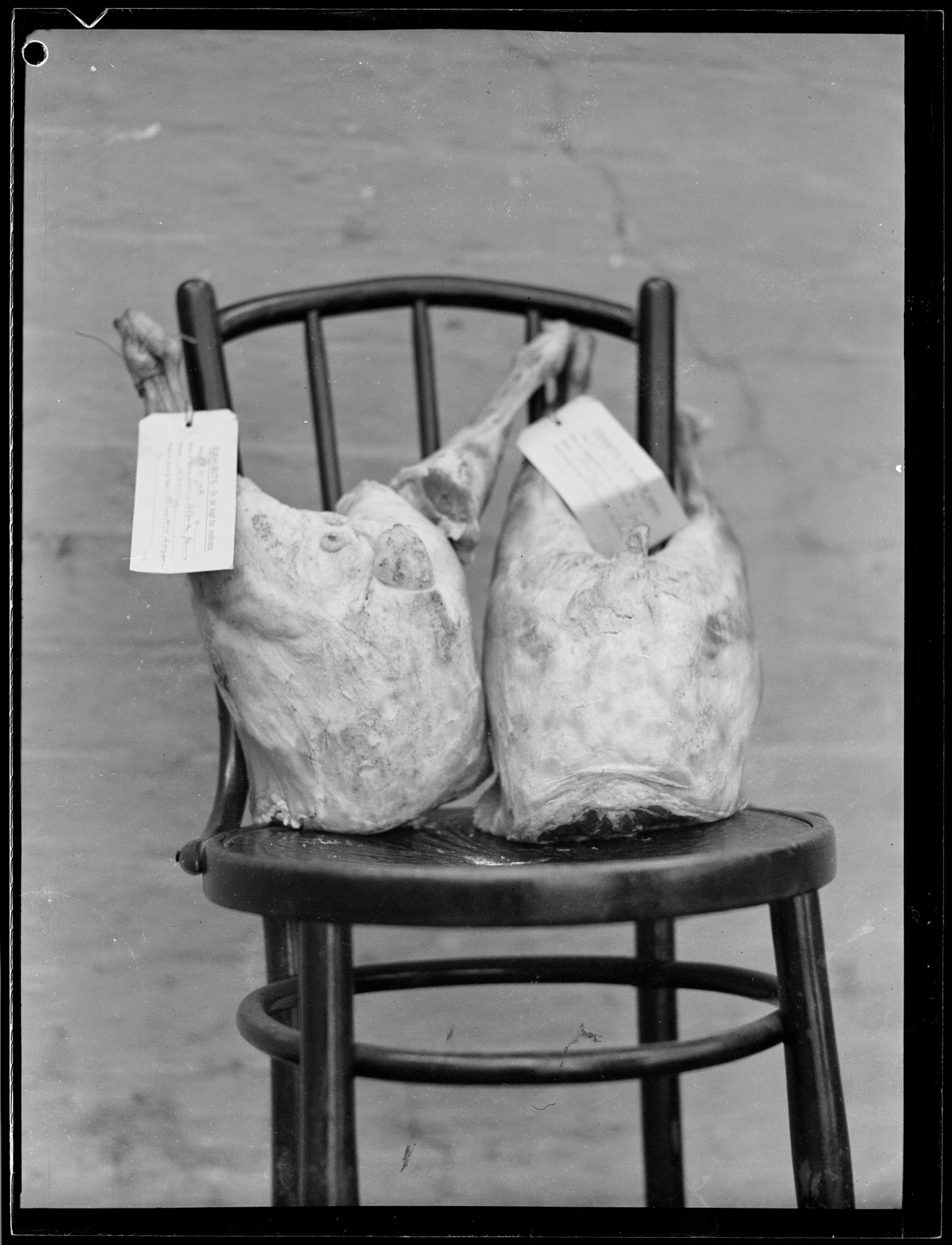
A Christmas crime
As Christmas approached, the Magistrates at the Water Police Court, now the Justice & Police Museum, were often faced with a very seasonal crime – the theft of Christmas hams
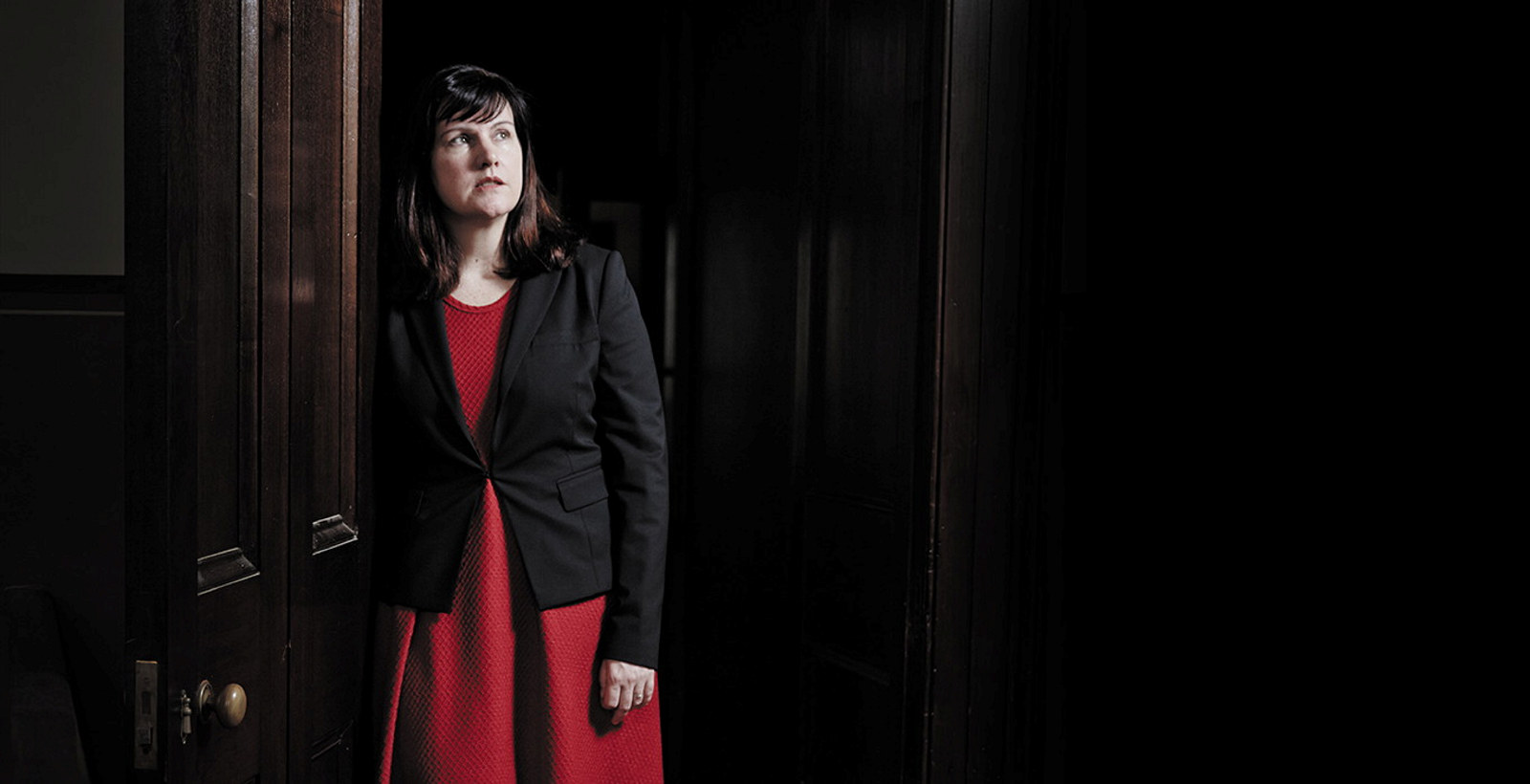
A life in crime
Curator Nerida Campbell has got the dream job – rummaging through the grit and grime of Sydney’s criminal past to help us to come to terms with the city’s dark side

Archives behind the scenes - gaol photos
In this episode we show you the very popular Gaol Photo Description Books. The photos (or mugshots) of prisoners are from gaols right across NSW and date from 1870-1930
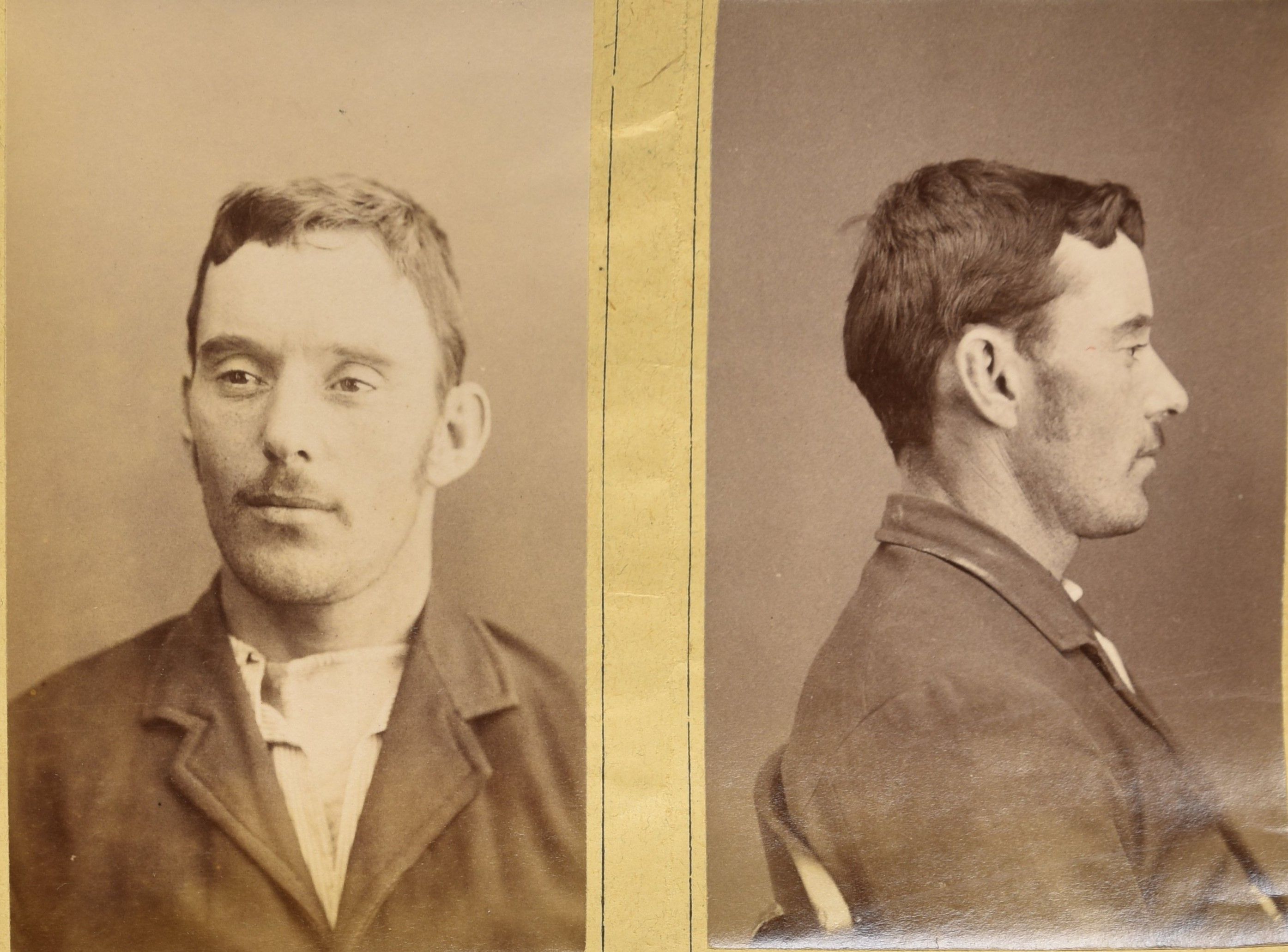
Attempted murder and conspiracy: the Lemon Syrup Case
Ferry captain George Dean was found guilty of "administering poison with the intent to murder" his wife in April 1895
